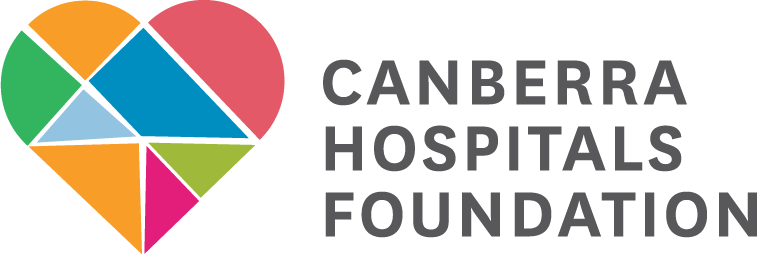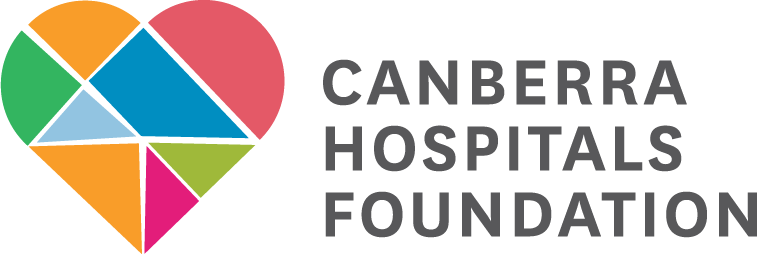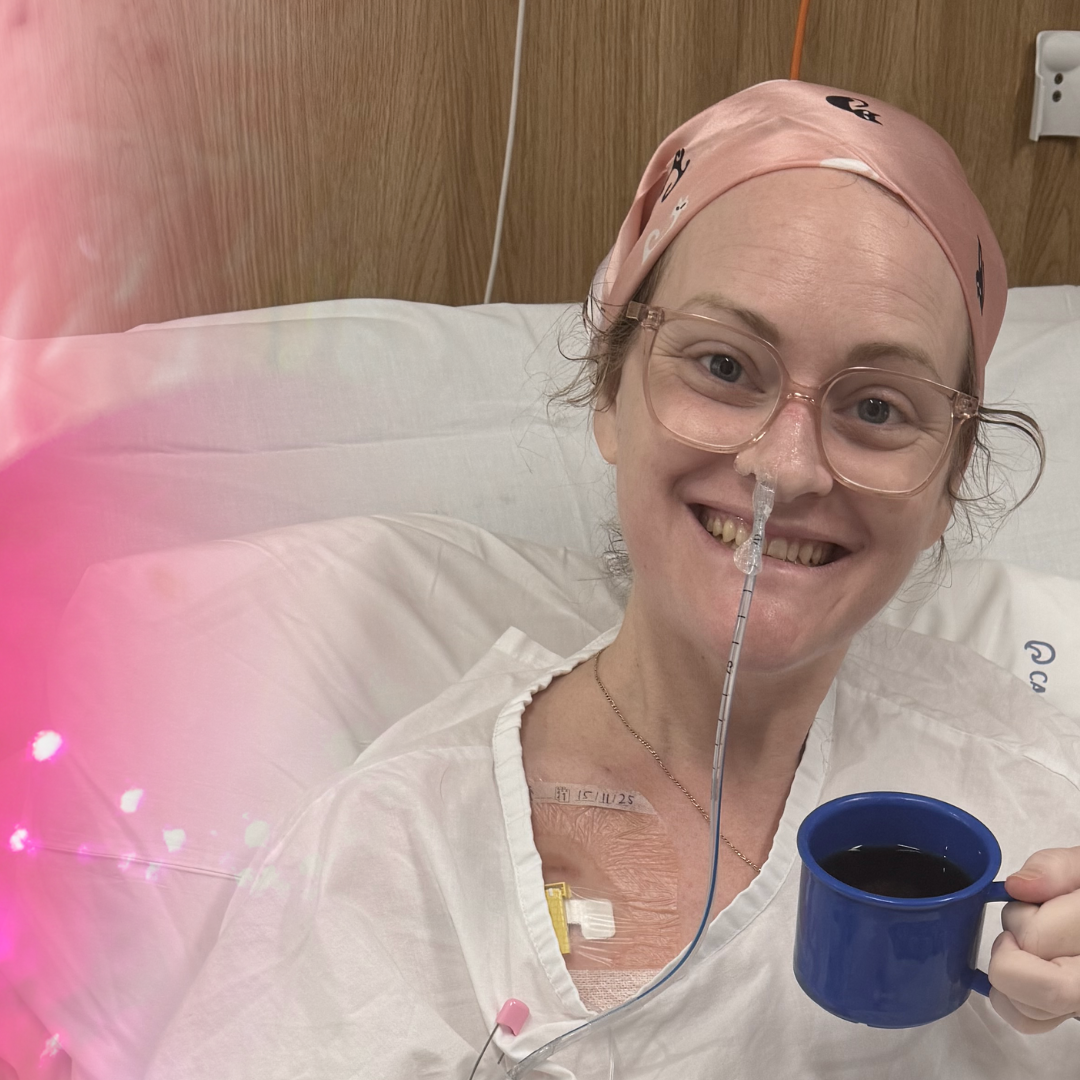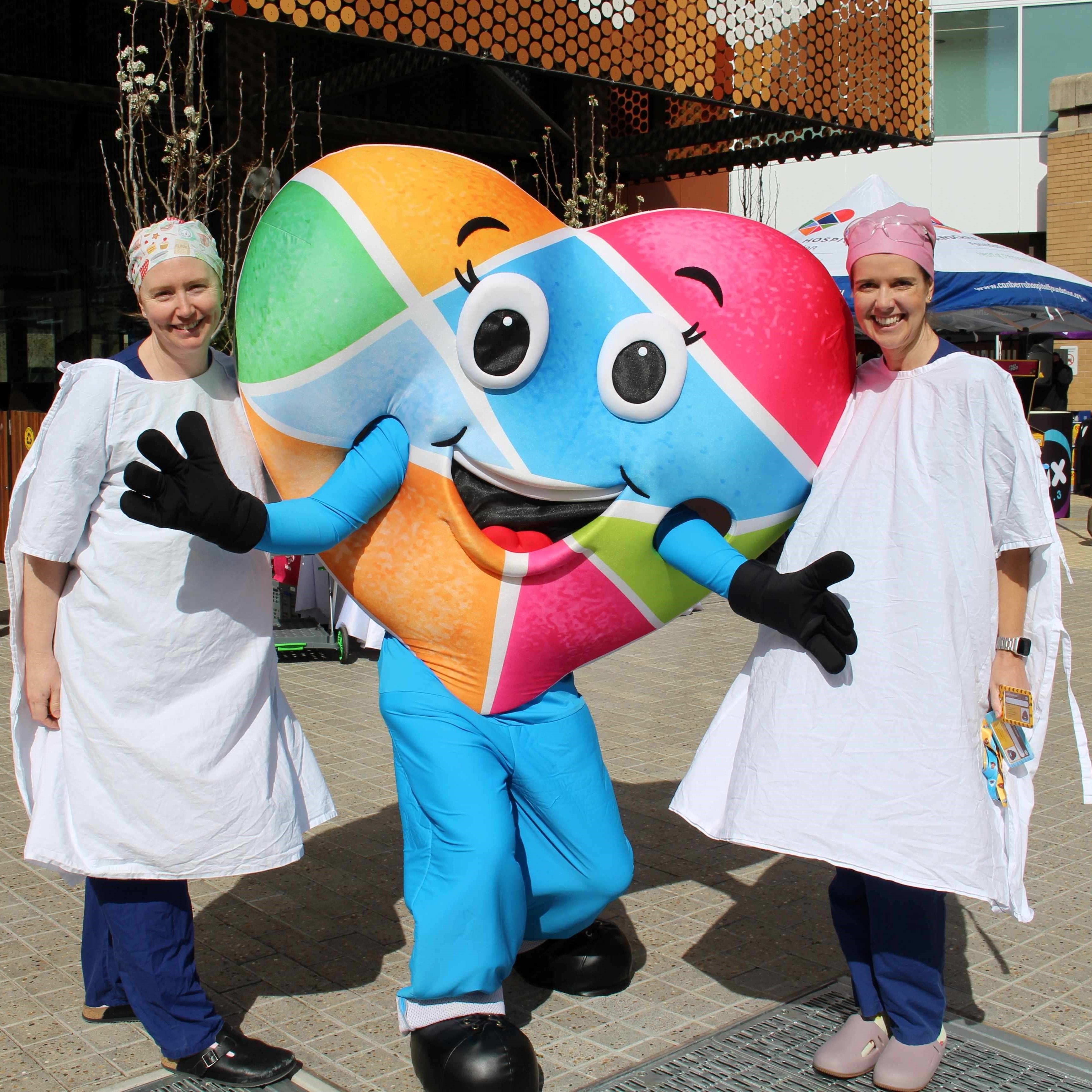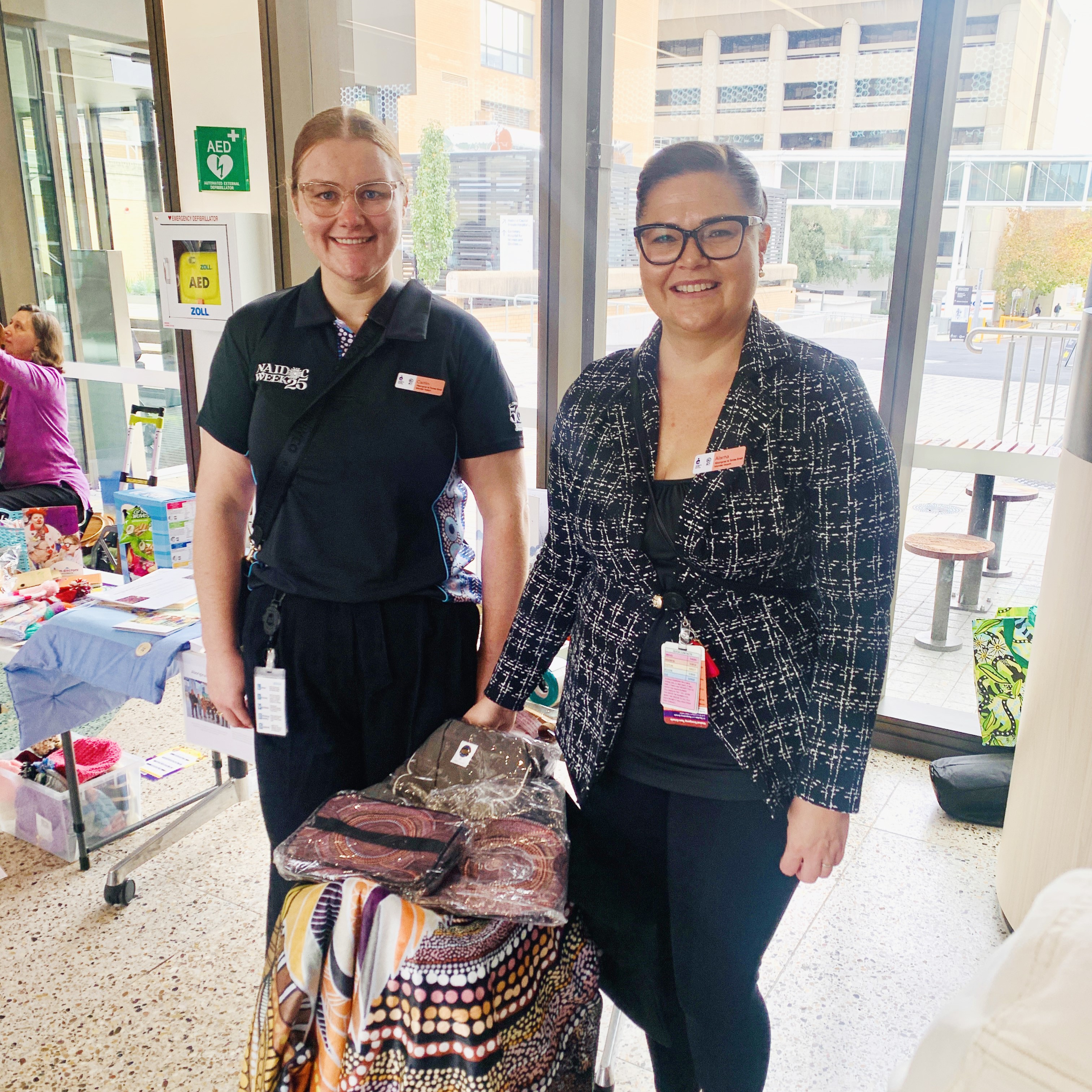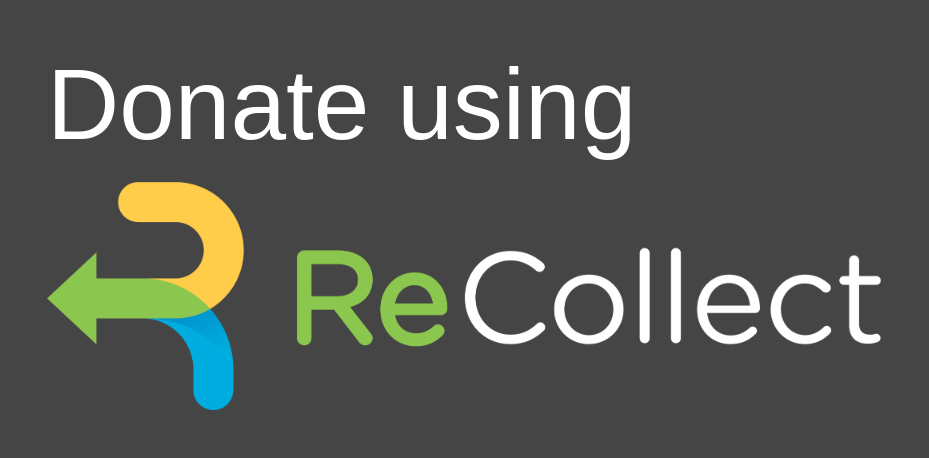Today, on World Cancer Day, we’d like to take a moment to reflect on the incredible impact our community has had on patients affected by cancer in Canberra and the surrounding region.
Close to $3 million has been raised through the Foundation to support cancer patients their families and carers, and this wouldn’t be possible without generous members of our community – often grateful patients or family members of patients; community initiatives like Dry July and CHF led campaigns like the Walk for Wellness, and corporate supporters like Lennock Volkswagen.
Supporting patient’s wellbeing throughout their cancer journey
In 2018, CHF launched the Walk for Wellness - a physical fundraising challenge which would see 16 Canberrans travel to central Australia to trek the Larapinta trail – raising funds and awareness for the Wellbeing Centre at the CRCC.
The Wellbeing Centre will support people affected by cancer, and their family and friends. In partnership with clinical care, the centre will provide complementary therapies, support and education, to help reduce pain and anxiety and manage the side effects of cancer treatment. A range of treatments will be offered including exercise physiology, nutrition advice and art and music therapy.
Through individual fundraising, trivia nights, BBQs, Barefoot Bowls and a community cookbook, the team raised over $75,000 to support the Wellbeing Centre.
Through CHF’s inaugural CAN GIVE DAY, funds raised by Executive Director Cathie O’Neill and other staff members of the CRCC raised upwards of $20,000 to support the Wellbeing Centre.
Since 2018, $1.2 million has been raised through CHF to support the initiative.
Going dry to bring comfort and care
Since 2009, ACT Dry July participants have raised over $1million to support people with cancer at the CRCC. Funds raised have been used to support many initiatives. One such initiative is the Therapeutic Harp Program run by Creative Arts Therapist and Clinical Musician, Alison Ware.
Alison offers live harp music at patients bedsides, with the music adapted to support the healing of the physical, emotional and spiritual needs of the person. The therapy is based on evidence-based research, which has found that music promotes a sense of relaxation and elevates mood, reduces isolation, and allows for rest, refreshment, and renewal.
Many patients receiving cancer treatment at the CRCC need to travel long distances to get to the centre. To help offer reprieve and rejuvenation, funds raised through Dry July have supported the purchase of Sleep Pods. This state-of-the-art napping technology provides composed sleep music and a gentle wake sequence in a zero gravity position.
Other items supported by Dry July fundraisers include:
- Radiation Oncology Waiting Room Refurbishment
- The Information Resource Room
- Patient Entertainment Activity Trolley
- Hospitality Trolley
- Music in Radiation Oncology
- Floral arrangements in the CRCC reception areas


Lennock VW driving community generosity
CHF Board Director Peter Munday and Lennock Volkswagen Phillip have been longstanding passionate supporters of patients through the Foundation. Along with paediatrics and adolescent mental health, patients affected by cancer have been the beneficiaries of generous support.
The 2020 Lennock Volkswagen Raffle supported research at the CRCC, increasing the number of clinical trials available to patients. Along with this the Patient Transport Program was launched, with Lennock VW providing a car to support the program. The car is used to assist patients to get to appointments at the CRCC or get home post treatment, support patients at Duffy House who may need to purchase groceries, as well as transport those wishing to utilise the services at the Wellbeing Centre. The vehicle is driven by volunteers and acts as an option for transport for patients who don’t qualify for Community Transport.
A young man in his twenties nearing end of life who lives out of town and quite a distance away from the CRCC stopped coming in for treatment as he has no transport and lacks family support, with no other people who can assist him. There is no public transport where he lives. His doctors believe that the treatment will help to prolong this young man’s life and were desperately trying to get him to come in to continue with the treatment. He is now able to attend his chemotherapy appointments and continue with treatment.
Patients at all stages of their cancer journey are in some way touched by the generosity of our community, and we thank all of our supporters for their ongoing kindness and commitment to enhancing the care of those who are unwell and needing treatment.

